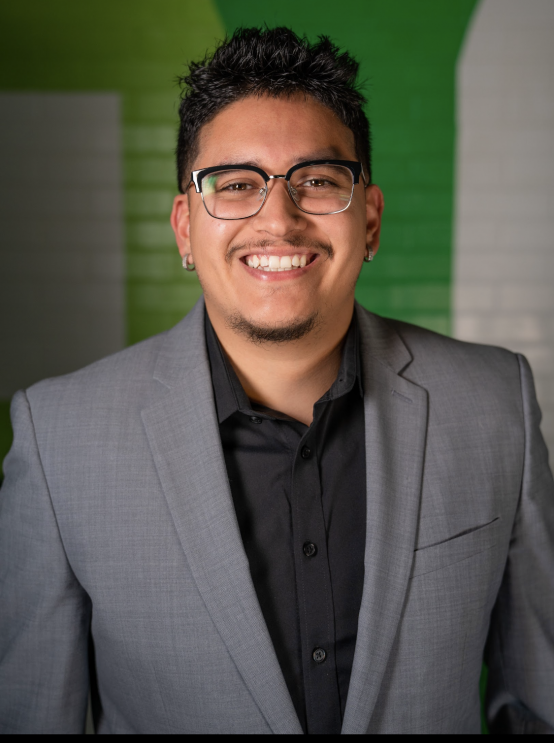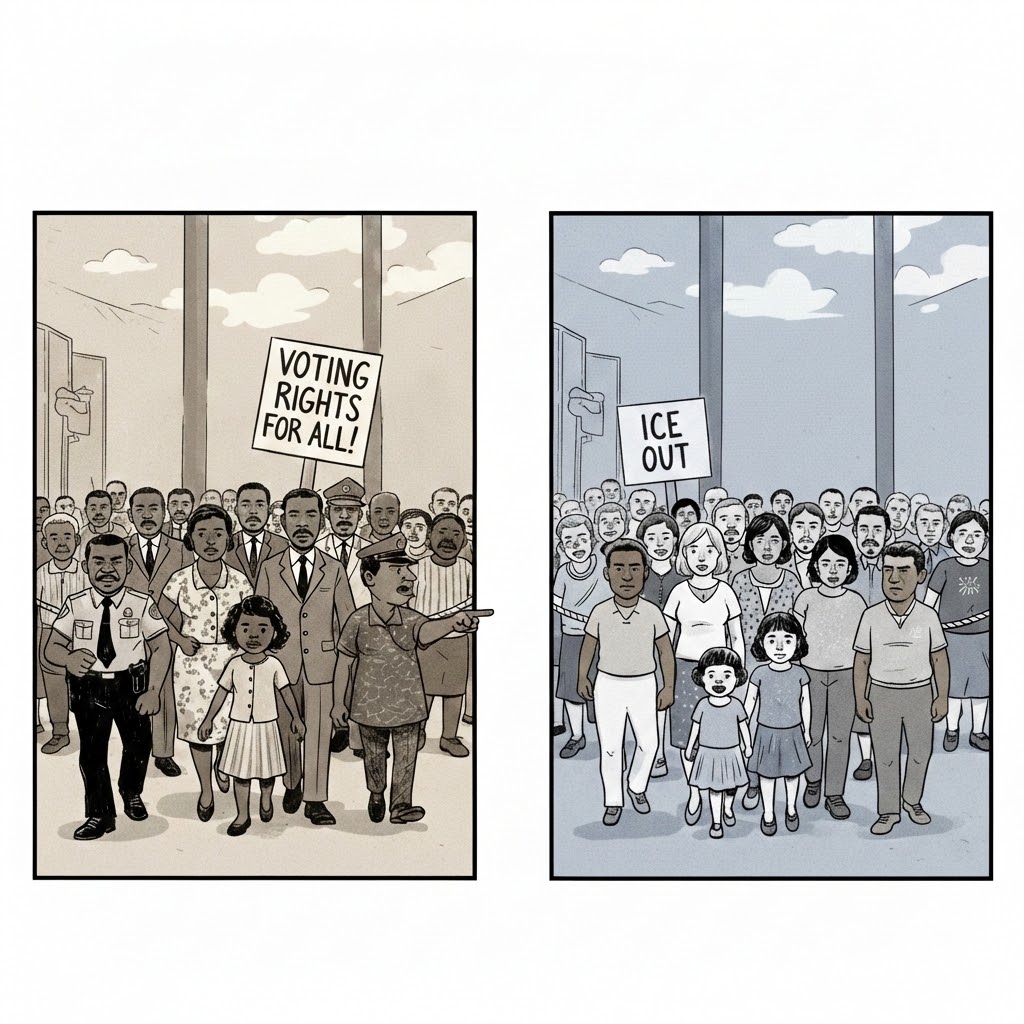Editor’s note: This article by David Martinez is the latest installment of monthly contributions to Boardhawk from Ednium: The Alumni Collective.
My story begins with my birthplace – El Paso, Texas, a border town where my mere existence was and continues to be political.
My mom moved us to Denver when I was two months old because she believed it had more opportunities. I grew up in southwest Denver—Barnum, Westwood, and Villa Park—and remember vividly that all my homies were on free and reduced lunch and all Latino or Black.
I got to experience a Denver growing up that wasn’t like other parts of the city. It was before Denver became what it is today; before gentrification changed its identity or lack of identity. Having grown up here, I can feel how much the city has lost its sense of community.
It’s a monumental shift for those of us who call this place home, especially for communities of color that have been displaced and disconnected.
After graduating from South High School in 2016, I attended Colorado State University. It was the first time I was in a predominantly white space and experienced overt racism in a different light. There were blocks on campus with “MAGA” painted on them; there were places that refused to serve me and strangers who made comments to me under their breath.
I lasted one semester because I didn’t know how to navigate it. When I enrolled in community college, it felt like a major failure.
However, I decided to return to CSU and took my first Latinx Studies class, where I began to understand what Chicano meant. Ironically, it was the whitest part of my journey that helped me to understand my cultural identity. Not hyphenated identities, or appeasing to our European background, but rather tapping into forms of indigeneity that come with being of Mexican descent and Chicano. Chicanismo is around self-determination. Only we can define what liberation looks like for La Gente.
This is where Ednium entered my life and where I found a space that wasn’t transactional. Ednium wasn’t about leveraging relationships for personal gain—it was about creating a sense of community, identity, and pride in where we come from.
Ednium feels like the way Denver felt growing up. Ednium wasn’t trying to play the savior, but instead, was celebrating the brilliance in our backyard. I made some lifelong homies in the Leadership Launchpad while we were ideating about the catastrophes in our communities, shoutout to Kiara, Hanna, and Gigi!
Gigi shared that her cousin had a certification upon graduation allowing her to make a livable wage during college. Our cohort jumped at this idea of credentials of value as something we wanted to further interrogate.
We’ve been sold college as the only path to social and economic mobility, but when we arrive, we don’t have the tools and knowledge to best navigate it. Was it more important to simply get us to college and not help position us in ways that we could really thrive when we got there?
If we had been exposed to career and technical education (CTE) earlier, we could have tapped into our passions and different paths, alongside a four-year degree. It’s time to stop pitting CTE against college. They should be viewed as complementary. Those thoughts resonated with the entire cohort because not everyone went to college and those who didn’t felt ostracized by their peers, family, and the larger educational system.
Today, I am the research and policy homie at Ednium and am seeking out the implementation of credentials of value. Through this project, I have had the opportunity to meet with district leaders, school leaders, student support staff, and most importantly, students in CTE programs.
Through this structure, young folks have spoken about their experience and have told us what they need. We don’t do any work without being told it is the direction the community wants us to head towards.
Expanding CTE programs throughout DPS will ensure that students, especially Black and Brown students who want to contribute to their communities, have multiple and different doors open based on their passions and aspirations. Students enrolled in credentials of value programs have spoken about the agency they have when it comes to making decisions that are best for their futures.
The DPS bond, particularly the portion allocating funds for CTE programs, will direct crucial dollars towards the capital construction of new CTE centers, strategically located in far northeast and southwest Denver.
Students are the most important stakeholders in the development of policy. We need to ensure the programs being offered to our students are of value to them and our community. This can be true through high-demand and high-quality training programs, or programs that are tapping into a student’s passion.
They won’t just graduate with a diploma; they’ll have credentials that give them real agency—whether that’s in healthcare, technology, or skilled trades, or towards a four-year degree. We’re not just talking about opportunities; this could be a vehicle in building multiple pathways to success, ensuring that students aren’t left behind the moment they graduate high school.
This investment is essential for Denver’s future and pouring into Denver’s students and their passions is the solution.
We’ve built our own table and continue to invite others to this inclusive space so that everyone can have a seat for real change. By continuing to push for more opportunities, whether that is credentials of value or something else, we’re building a future where students in Denver don’t just survive; they thrive.




